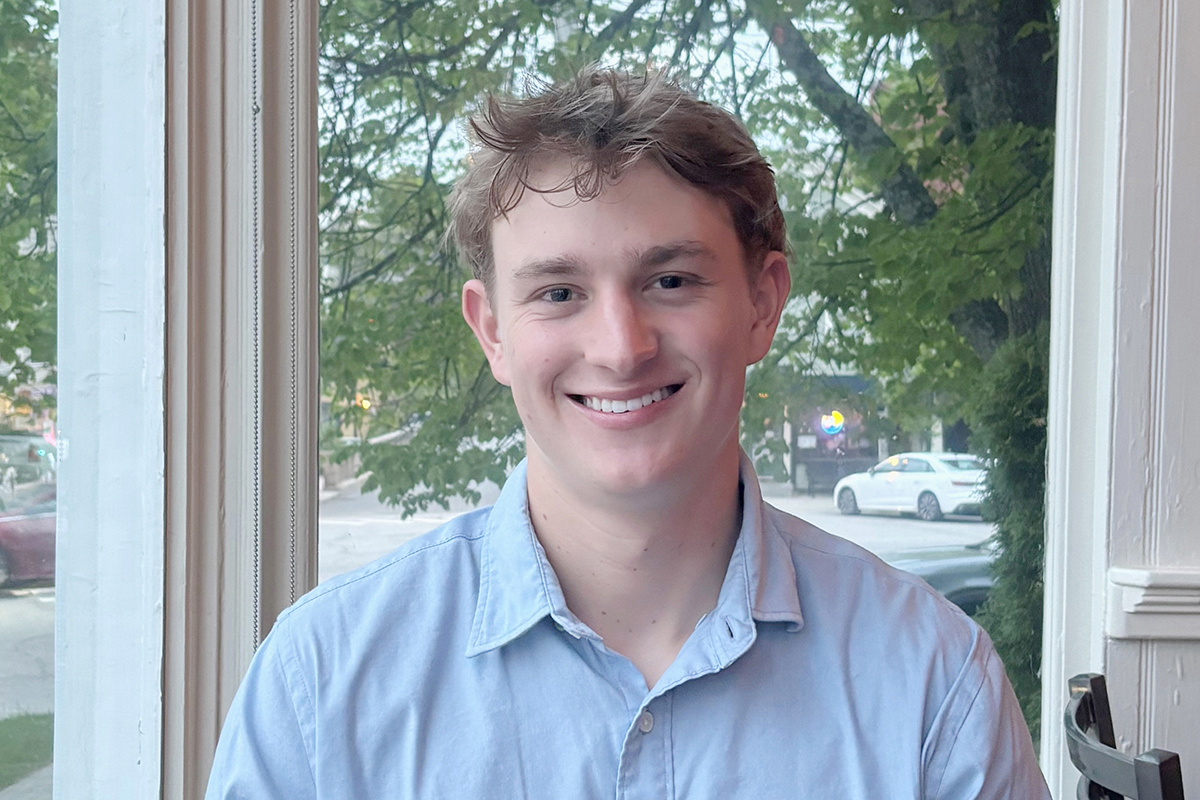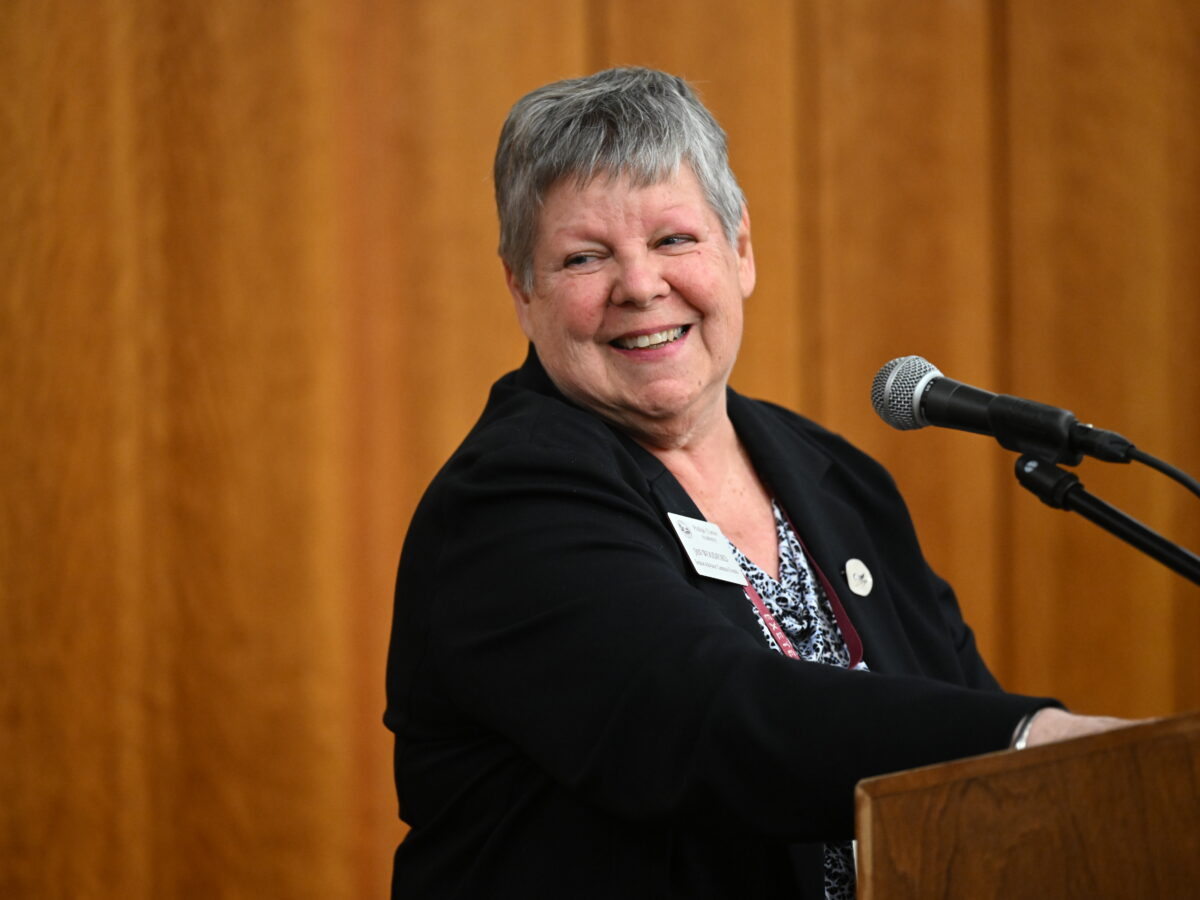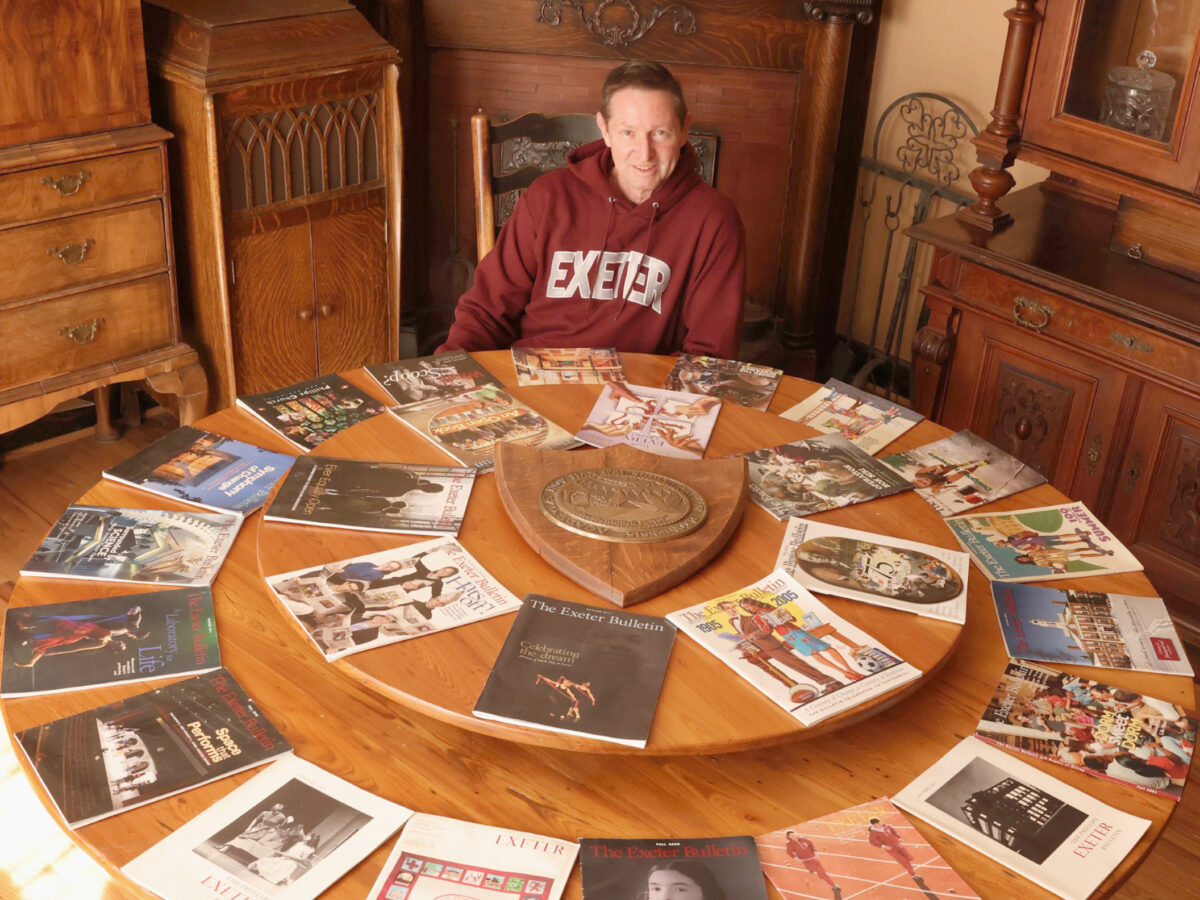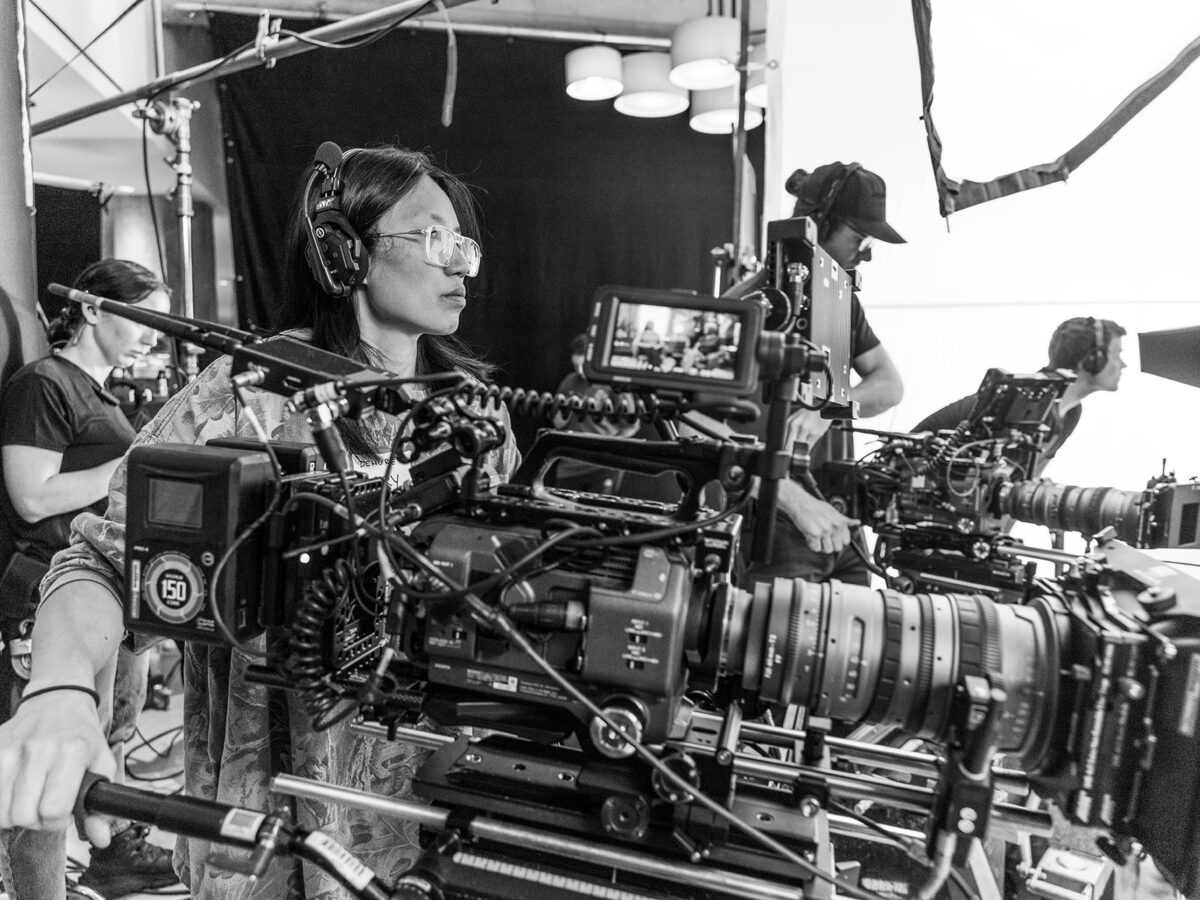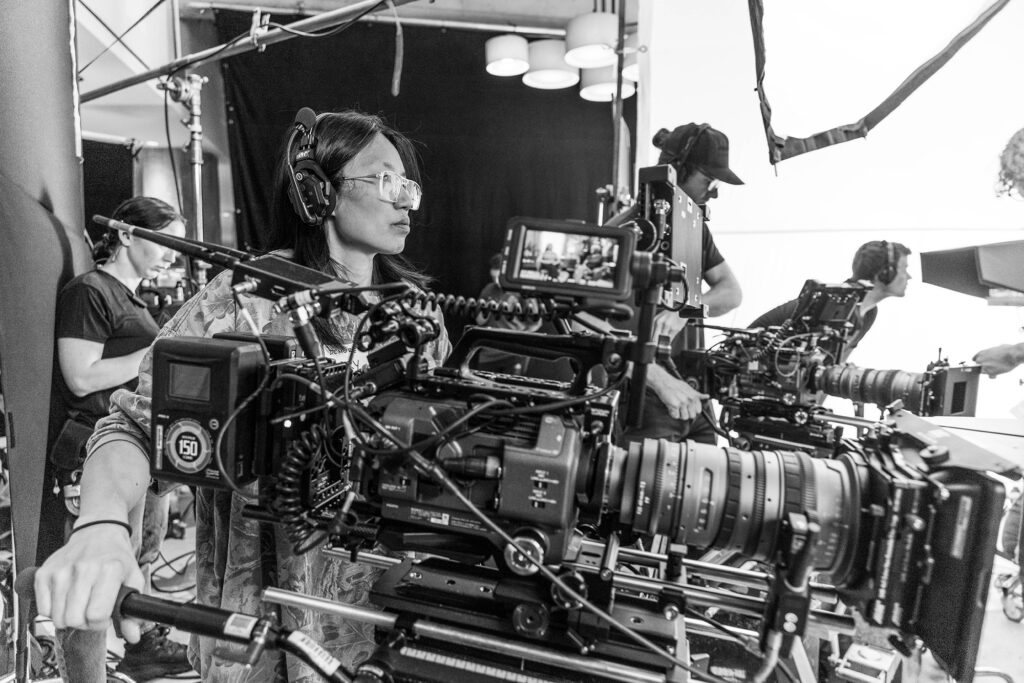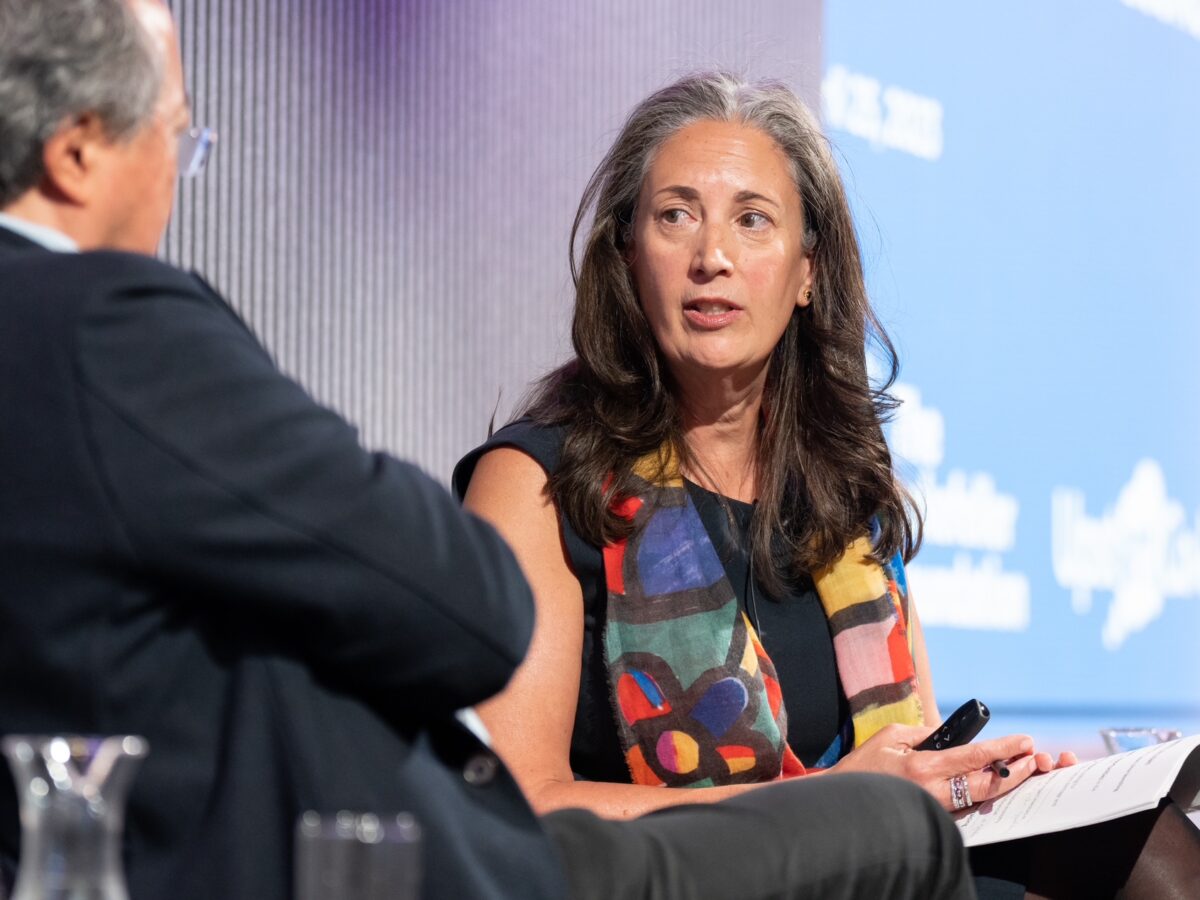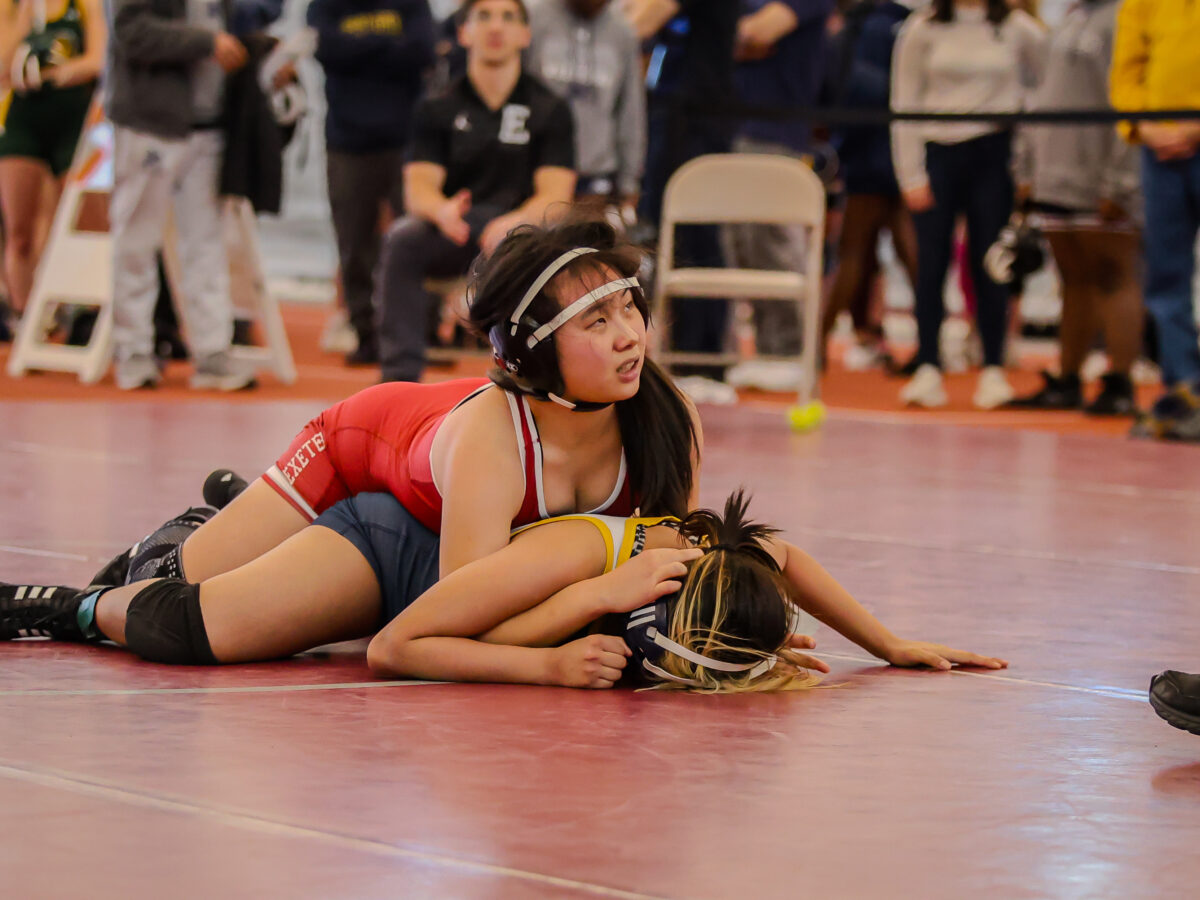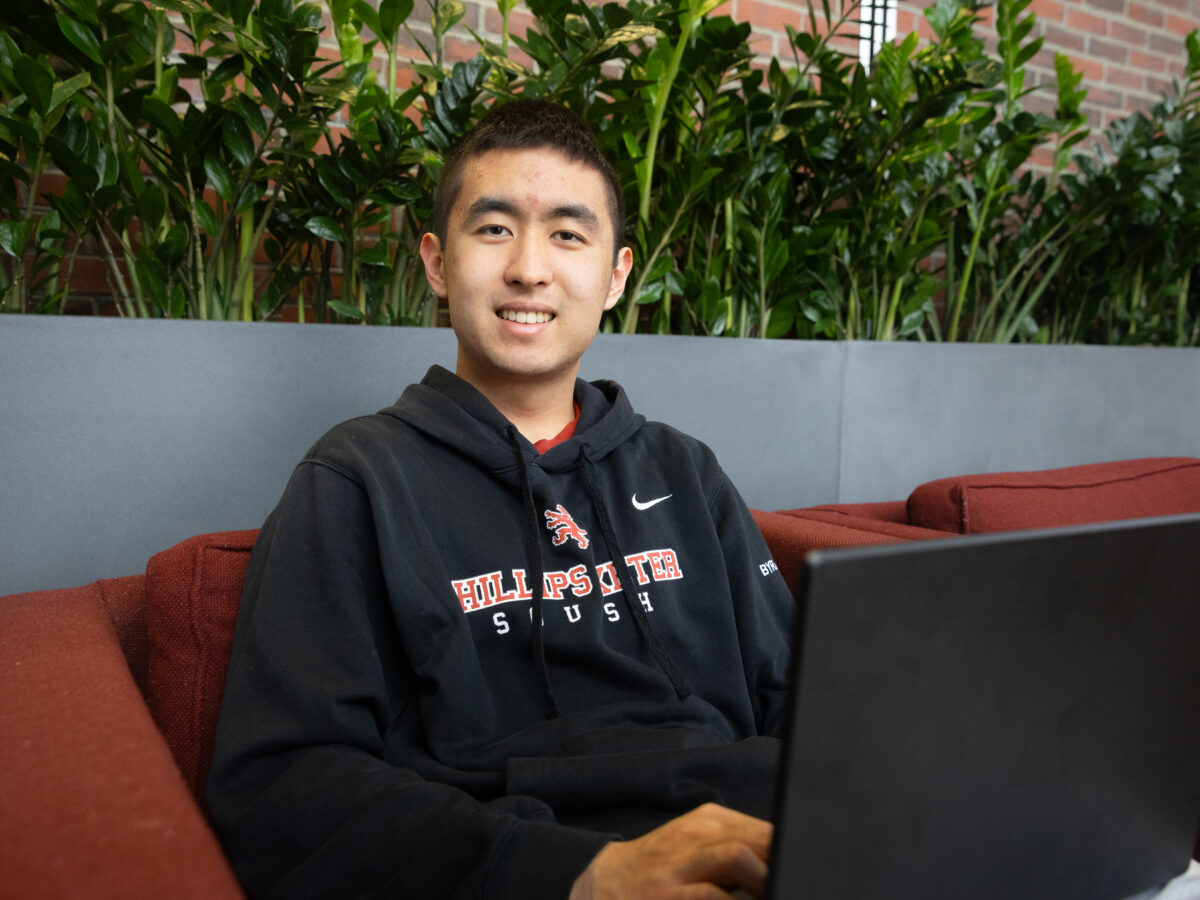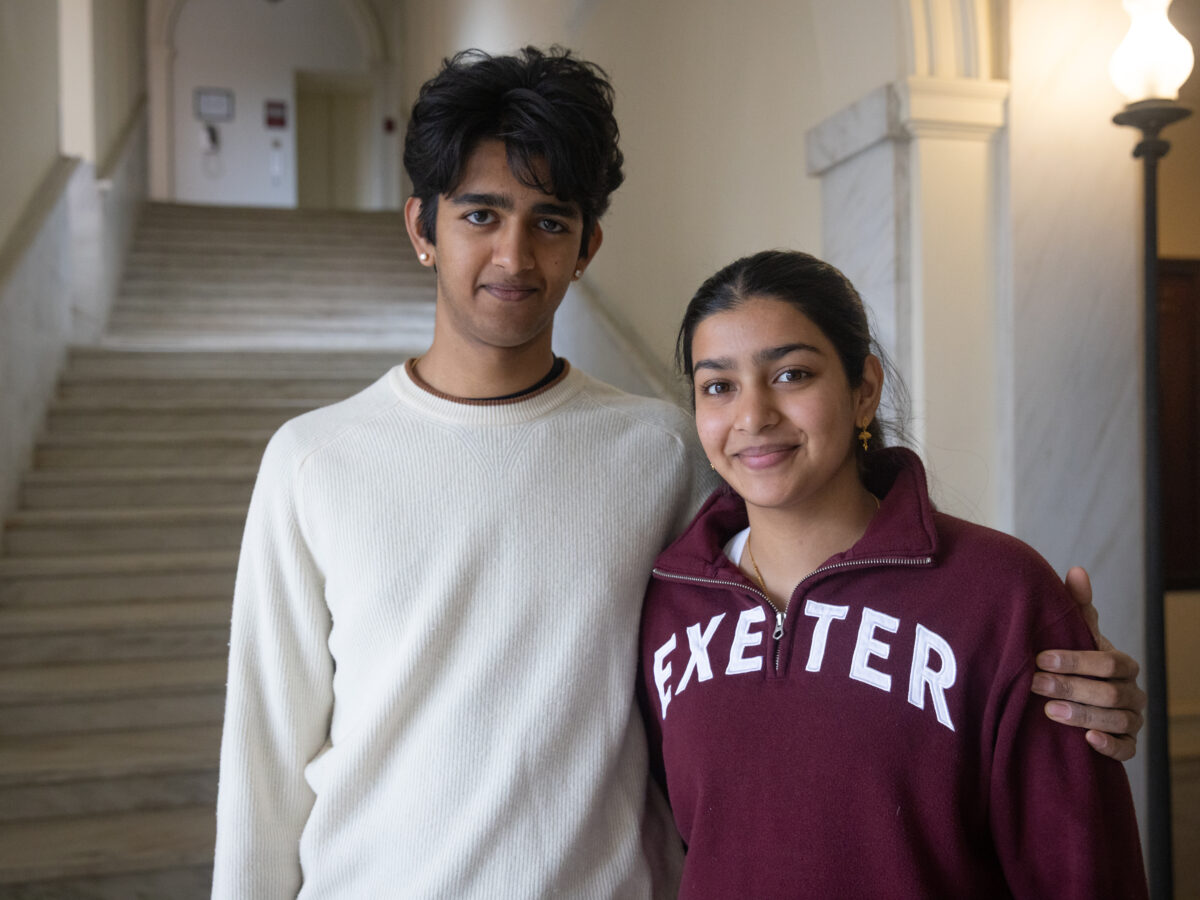Machine Learning
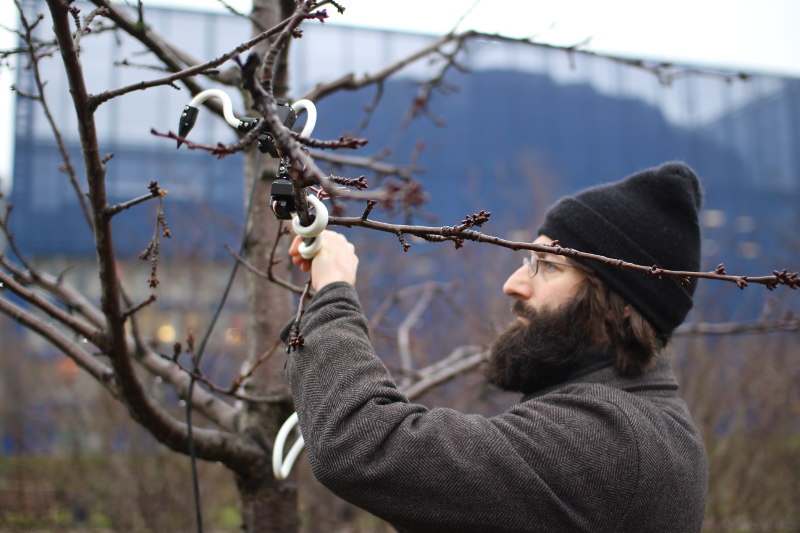
Ian Ingram ’95 communes and communicates with animals through technology
As a teenager, Ian Ingram ’95 was fascinated by the Loch Ness monster. His desire to find it is partly what inspired him to pursue a bachelor’s degree in ocean engineering, studying underwater robots at the Massachusetts Institute of Technology. He then earned his master’s degree in ocean acoustics, with the hopes of one day communicating with whales. During grad school, he designed robots for animal studies and began to use them in unconventional ways.
After a stint as an engineering consultant, Ingram enrolled in an M.F.A. program at Carnegie Mellon. There, he became a de facto spokesperson for robotic art as a discipline. He has since exhibited internationally, including at the Victoria and Albert Museum in London, The Andy Warhol Museum in Pittsburgh and at the Nieuwe Instituut in Rotterdam.
Ingram’s latest installation, Reduced Rabbit Juice, the first in a planned series called Herbivore Semaphore, explores the vigilance of prey animals and the gestures of ears. It’s part of a summer “AI Ecologies” exhibition at the Artphy contemporary arts center in Onstwedde, Netherlands. The show looks at how people, nature and technology coexist and the ways artificial intelligence continues to affect our relationship with nature.
The exhibition is a natural fit for Ingram professionally and personally — he spent part of his childhood in Copenhagen, Denmark. Through his unique viewpoint, which is critically layered with wit and humor, he reveals how much we know about our planet’s nonhuman species, including backyard squirrels and ants, and the Western fence lizard, yet how little our society seems to contemplate the value of that understanding.
“We exist in increasingly narrow portals of interaction with the world,” Ingram says. “We are at risk of losing sight of what’s truly out there, and might not work to protect it because we don’t fully grasp how much more valuable the real things are than the simulacra.”
To bring the installation to life, Ingram developed a machine-learning model that runs on an acoustic feed using microphones embedded in a set of faux rabbit ears. The robotic ears move to scan the environment just as a real rabbit’s ears would. When they “hear” a threat — the sound of a predator, say — they relay the information with a signature Ingram twist: The ears communicate the warning using traditional flag semaphore rather than by mimicking actual rabbit gestures.
“It’s about the intent to communicate on the part of the robot,” Ingram says, “but the communication is wrapped up in so many layers that it’s a presumed failure.” This failure is repeated in many works, such as Nevermore-A-Matic (2016), a device that uses coded human language to attempt to tell apocalyptic stories to ravens. But much is also gained through Ingram’s work, as his avatars uncover things we never knew before while they cohabitate, commune and communicate with animals in their own places.
During his alumni reunion in May, Ingram attended one of the Academy’s robotics courses and met with the Robotics Club, neither of which existed during his Exeter tenure. He regards his work — both as a conservation technology scientist with the San Diego Zoo and as an artist — more closely tied to what the robotics field is trying to achieve.
“Back in the early- to mid-2000s,” he says, “it still felt as if the legacy we were leaving for robots was coming from the worst parts of human activity. So I frame my work around the idea that I’m helping create a different origin story for future fully sentient robots to look back on. I hope the things I’ve done direct some energy toward other ways robots can be, and other ways robots can look.”
This article was first published in the summer 2025 edition of The Exeter Bulletin.
